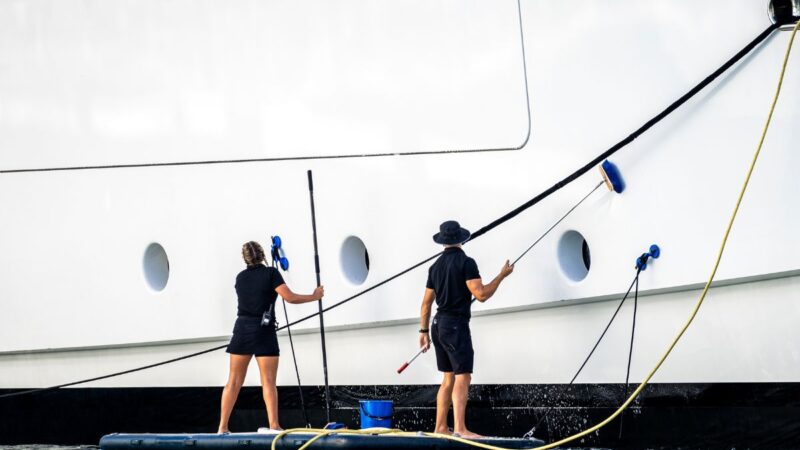Finding suitable staff for an ultra-high-net-worth private residence or household poses numerous challenges. Whether you are looking for domestic staff to handle household chores and service, personal assistants or specialist chefs, the recruitment approach has to be thorough.
By working with a knowledgeable recruitment professional who has experience in sourcing candidates for those who expect nothing less than the best experience, you can relieve some of the pressure and increase your chances of building a successful team.
Limited talent pool
While the talent pool for general domestic staff may seem vast, it’s actually pretty limited when you consider the unique skills required, not to mention work-ethic and personality traits which are required in a private residence.
The shortage of such candidates is even more pronounced in rural regions, and with many private estates being in secluded areas or countryside locations, you also have the challenge of finding suitable staff who are willing to commute or live-in.
Specialised positions such as experienced chefs, estate managers, or house/interior managers are particularly difficult to fill generally, and recent data from the UK Office for National Statistics (ONS) indicates a growing demand for such domestic staff in rural communities. This is also echoed across Europe, as highlighted by reports from Eurostat.
Social and cultural considerations
We now live in such a multicultural world that this needs to be a core consideration in private residence recruitment.
As households strive to maintain harmony and efficiency, both parties must navigate a delicate balance: domestic staff must be sensitive to the beliefs and ways of life of the individuals they serve, while employers must embrace diversity and demonstrate empathy towards their staff’s social and cultural differences.
From dietary preferences to religious practices, cultural nuances permeate every aspect of daily life. As such, it’s imperative for domestic staff to exhibit cultural sensitivity and adaptability. By demonstrating a willingness to learn and accommodate cultural differences, domestic staff can foster trust and rapport with their employers, creating a harmonious working environment.
A diverse workforce brings a wealth of experiences and insights to the table too, enriching the overall household dynamic and enhancing the quality of service provided.
Privacy and confidentiality
Private residences and the individuals who inhabit them often require a high level of privacy and confidentiality from their domestic staff. This aspect adds another layer of complexity to the hiring process, as employers must ensure that candidates are trustworthy and capable of handling sensitive information.
Confidentiality is not just about protecting personal information; it’s also about respecting the privacy of the individuals and families we serve. Discretion is crucial in maintaining the trust and confidence of employers, as any breach of confidentiality can have far-reaching consequences. Therefore, staff must exercise discretion in their interactions and refrain from discussing private matters outside the household (especially on-line).
Recruiters must also protect clients during the hiring process. We understand the sensitive nature of our clients’ requirements and prioritise confidentiality when recruiting for private residences, estates and households.
Our discreet approach to sourcing candidates ensures that the identity of clients remains confidential throughout the process. We also follow a thorough screening process which not only establishes role suitability, but can assess a candidate’s integrity, reliability, and commitment to confidentiality through background checks and reference verification.
If you’d like to have a confidential conversation about recruitment for your private residence, household or estate, I’d be happy to discuss out approach and pool or high-quality candidates.





